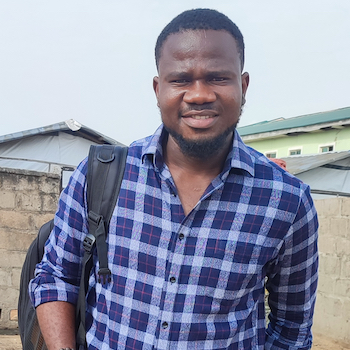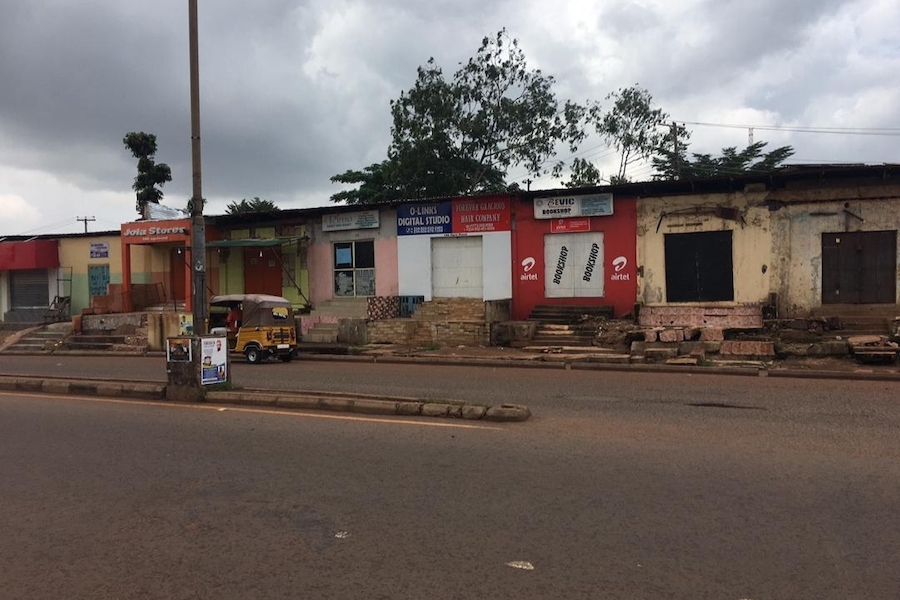
Inside IPOB’s Sit-at-Home Order in Nigeria’s Southeast
Every Monday, for the past three months, residents in five states in the southeast region of Nigeria have been observing a sit-at home order by the Indigenous People of Biafra (IPOB).
The order, which has disrupted the economic and social activities in the region, with markets, banks, and educational institutions closed, is intended to put pressure on the Nigerian government to release Nnamdi Kanu, the leader of the group.
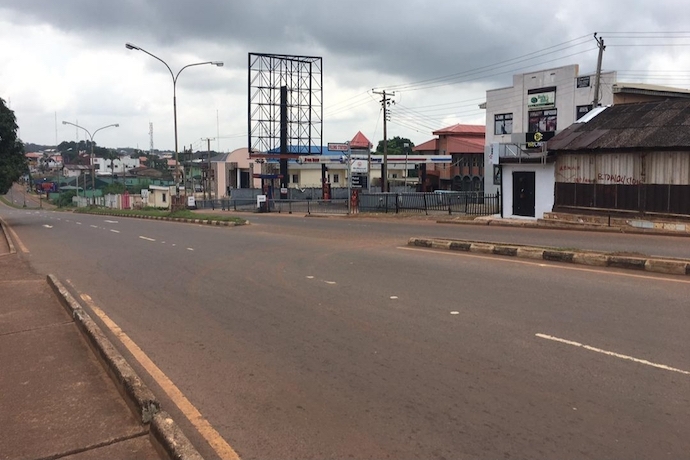
Kanu is standing trial for what the federal government describes as a treasonable offense after he was re-arrested and brought back to Nigeria on June 29, and has remained in detention since then. He was first arrested for the same offence in 2015 but was granted bail on medical grounds in 2017.
Governors of the affected region have consistently asked people to ignore the order and go about their daily activities. In an emergency security meeting, the government vowed to put an end to the order.
IPOB itself had announced the suspension of the order after accessing its economic implications for the people- which is believed to have cost the region over $121 million so far. The group said the order will be reactivated whenever Nnamdi Kanu appears in court.
Repeatedly, the group has come out to say it has ended the weekly sit-at-home order. IPOB alleges that saboteurs have since hijacked the process to give it a bad name.
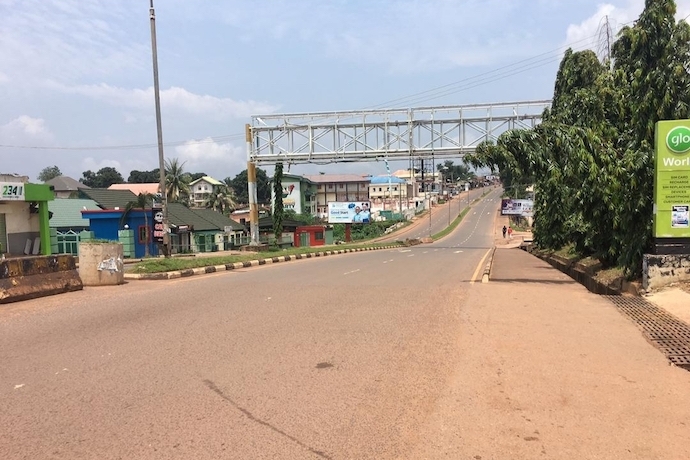
The group has said that it cannot be part of the problem it is trying to solve. It threatened to deal with those who are harassing the people. But residents still fear for their lives, due to the loss of life and property that has accompanied the order in the past few months.
In September, gunmen suspected to be members of the group attacked a school in Imo State and prevented students from taking their annual exams.
A truckload of motorcycle spare parts worth millions of dollars was burnt by assailants for allegedly refusing to obey the sit-at-home order in Enugu.
Although IPOB has denied involvement, the fact that the actions took place on a Monday which the group had set aside to enforce a sit-at-home order makes the allegations stick.
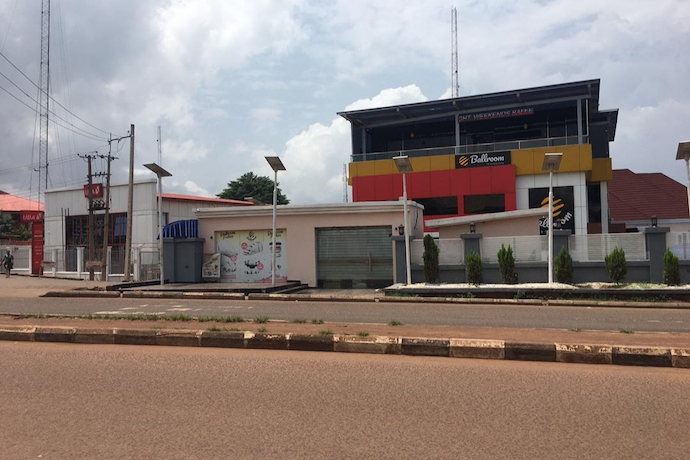
The Independent National Electoral Commission (INEC), Nigeria’s electoral body, has set November 6 for the governorship election in Anambra, one of the states in the southeast. But IPOB has asked residents in the region to sit-at-home from November 5 to the 10th, except on Sunday’s.
This decision, according to a statement by the spokesperson of the group, Emma Powerful, was reached after a federal court adjourned Nnamdi Kanu’s court case to November 10.
To help ensure adequate security, Usman Alkali Baba, the inspector-general of police, deployed more security resources to the region.
The federal government has also hinted at the possibility of declaring a state of emergency in Anambra State to protect the electoral process and constitutional order, should the November 6 election become threatened.
